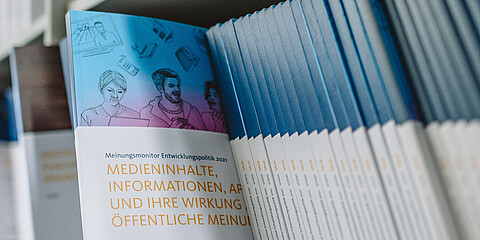La Agenda para el Desarrollo Sostenible 2030 de la Organización de las Naciones Unidas (ONU) es una herramienta de desarrollo que establece un mecanismo detallado de seguimiento y revisión basado en un marco global de indicadores y posicionado prominentemente en los Informes Nacionales Voluntarios (INV). Dentro de ese contexto, sin embargo, la evaluación de programas solo juega un papel menor. El presente informe de orientación política analiza el lugar que ocupa la evaluación de programas en los procesos de política pública, planificación del desarrollo y elaboración de los INV en ocho países de África y América Latina.
Bibliographical information

